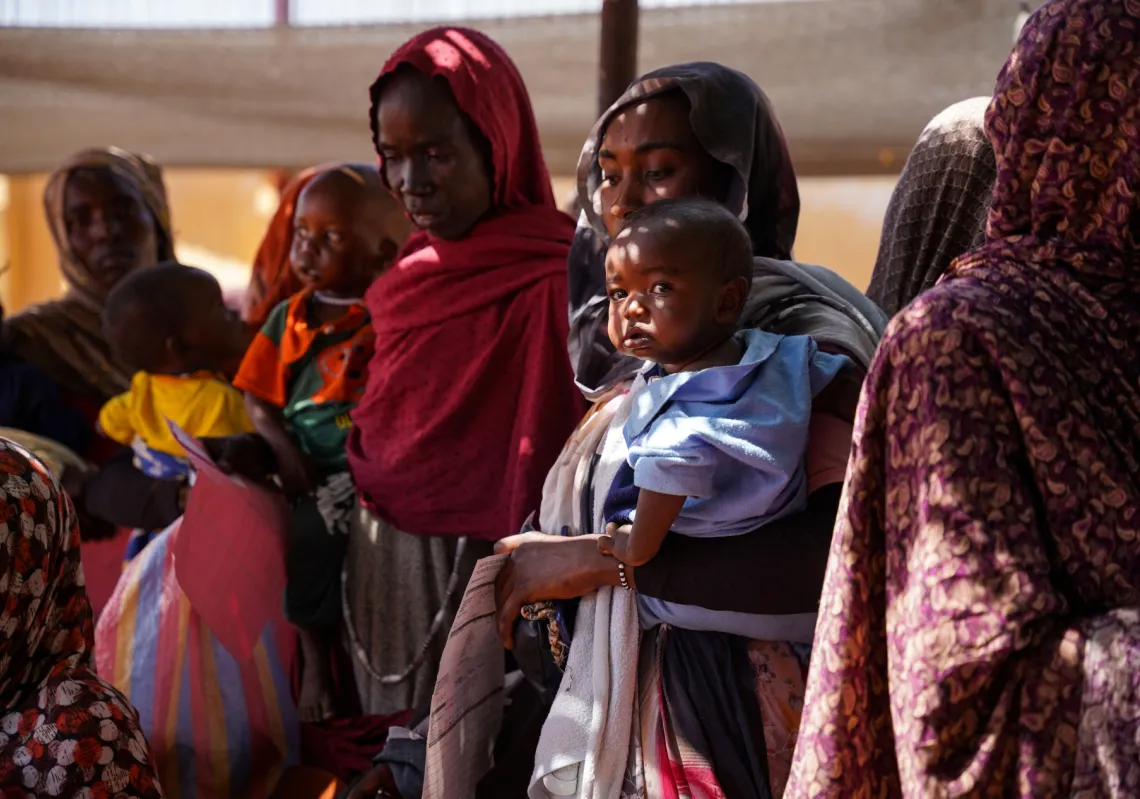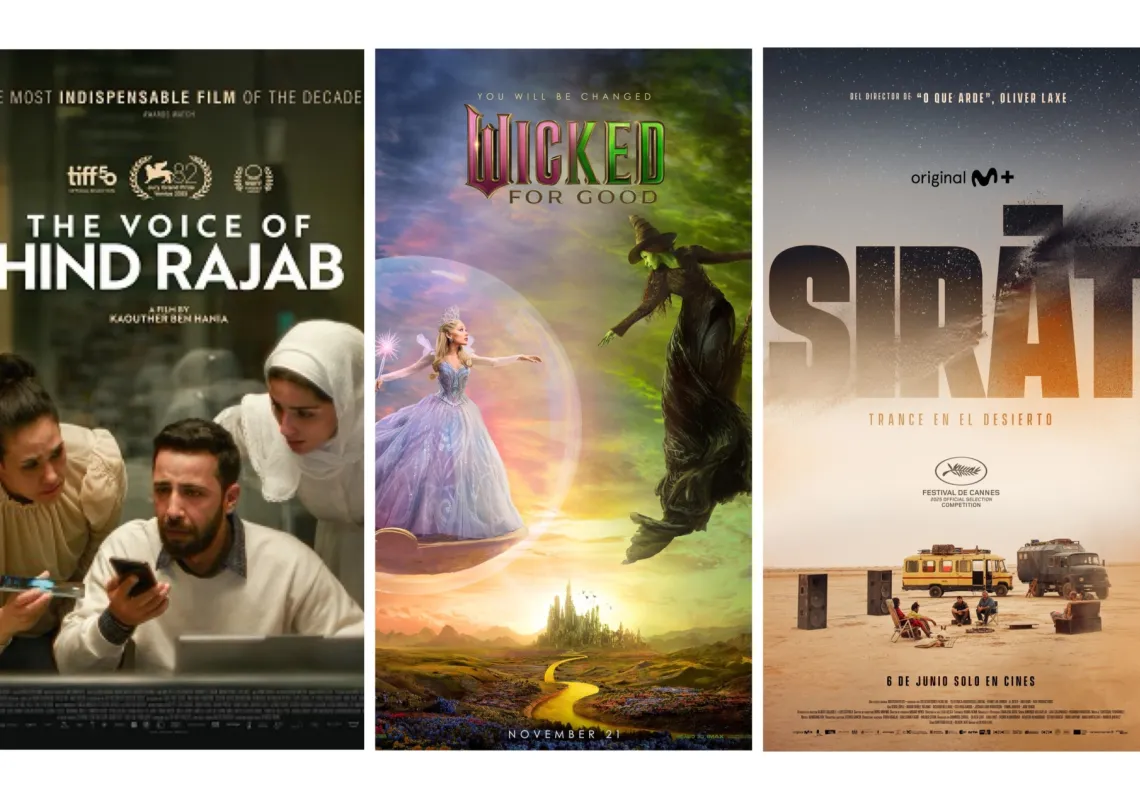As a non-Muslim resident of Saudi Arabia, I am always touched when a Saudi friend wishes me ‘Merry Christmas’ or ‘Happy New Year.’ And this year, my email box collected quite a few such messages. While scientific conclusions can’t be drawn from such a small sampling, I suspect this year’s increase was due, at least in part, to signals emanating from the Saudi royal court.
Since King Abdullah bin Abdul Aziz came to the throne in 2005, he has launched several initiatives aimed at softening the austere type of Islam that dominated the kingdom for decades. Abdullah has stressed Islam’s traditional tolerance and compassion over the antipathy for non-Muslims and foreigners evident in this harsh brand of Islam. He also has shown his aversion for its narrow-mindedness, aversion to intellectual pursuits, and extreme puritanical approach to the social mixing of men and women.
Implicit in the monarch’s endeavor is his acceptance of two realities. First, that the kingdom cannot flourish in the modern, competitive world if it espouses such views. Second, that such stances are a reason why the world sees a connection between Saudi Arabia’s official version of Islam—known to outsiders as Wahhabism or salafism—and the extremist thinking of violent jihadis such as those in Al Qaeda. Separating these two currents has been a preoccupation of the king.
So, what has been the impact of the king’s policies? Has he succeeded in changing how his people think about and practice Islam? I would argue that he has not changed how most Saudis view Islam, but that he has given a much needed boost to those who have a more modern and open-minded Islamic worldview than the one that prevailed in years past.
“People definitely are using a different tone when talking about issues of Islam,” wrote Najla Saud, a young female law student in Riyadh. “This was not the case several years back. A ‘softer, milder’ Islam is the prevailing ‘version’ nowadays, as opposed to the more rigid teachings people were preaching and abusing for decades.”
As an example she cited “the recent wave of congratulations for the Hijri (Lunar calendar) New Year, ironically sent out by SMS and email from people considered to be conservatives.” In the past, she noted, “this was considered to be a very big no-no, as you would be accused of imitating the non-believers in an act that would disturb God. But now it is a practice carried out annually with no objection whatsoever.”
Abdullah’s “softer, milder” Islam allows Saudis, raised from childhood on the concept that it displeases God to say “Merry Christmas” and “Happy New Year,” to conclude that such greetings are normal human interactions that do not compromise one’s own religious beliefs.
F. Gregory Gause of the University of Vermont, who has written extensively on Saudi Arabia, said that while the king has probably not changed how most Saudis view Islam, “he has been able to change the official line on what Islam is. He’s certainly made it more acceptable to criticize hard-line salafis. In that sense, he’s changed the discourse.”
Clerics and ordinary people with more progressive views are now more willing to speak up. The clearest example of this happened in early December when the head of the Mecca office of the ultra-conservative Commission to Promote Virtue and Prevent Vice declared in an interview that the extreme gender segregation demanded by many Saudi ulema is not really part of Islam.
Sheikh Ahmed bin Qassim al Ghamdi added that these ulema were leading Muslims astray from the Prophet’s model in which the mixing of the sexes was a natural part of life. Al Ghamdi’s comments, almost revolutionary in the Saudi context, undermined a principal reason for the Commission’s work. And they would not have been made publicly without the “protection” offered Al Ghamdi by the king’s initiatives.
These have included his interfaith dialogue project, and his open acknowledgment on several occasions that extremist Muslims have given Islam a bad name around the world. This willingness to openly criticize some interpretations of Islam has raised consciousness among Saudis about their own interpretation.
The founding of the King Abdullah University for Science and Technology (KAUST) also was important – not simply because it is the kingdom’s first co-educational university. It also promotes the concept that science is a legitimate topic of study in its own right, and should be free of clerical censorship or intervention.
"Throughout history, power has attached itself, after God, to science,” the king told guests at the university’s inauguration last September. “And the Islamic nation knows too well that it will not be powerful unless it depends, after God, on science. For faith and science cannot compete except in unhealthy souls."
When it comes to women, Abdullah was the first king to have females as part of his official delegation on a foreign trip and serve in his Cabinet. He has been frequently photographed with women, and some of these photos have appeared in the local media. Abdullah has also thrown his weight behind a public campaign to halt domestic violence.
Finally, by making Saudi’s national day on September 23rd an official state holiday—thus encouraging its celebration—he has subtly injected a component other than religion into Saudi identity. As expert Gause noted, Abdullah “is trying to encourage a sense of Saudi nationalism.” In this, Abdullah is overruling, so to speak, the many fatwas from Saudi sheikhs that for years forbade celebrating national day because that would be imitating infidels.
All these initiatives have created a new environment that favors the emergence of a new brand of Saudi Islam. Fully realizing that task, however, will be a years-long endeavor involving the education of a generation. Happy New Year!
Caryle Murphy - Pulitzer Prize Winner in Journalism in 1991, is an independent journalist based in Riyadh. She is the author of “Passion for Islam”.







